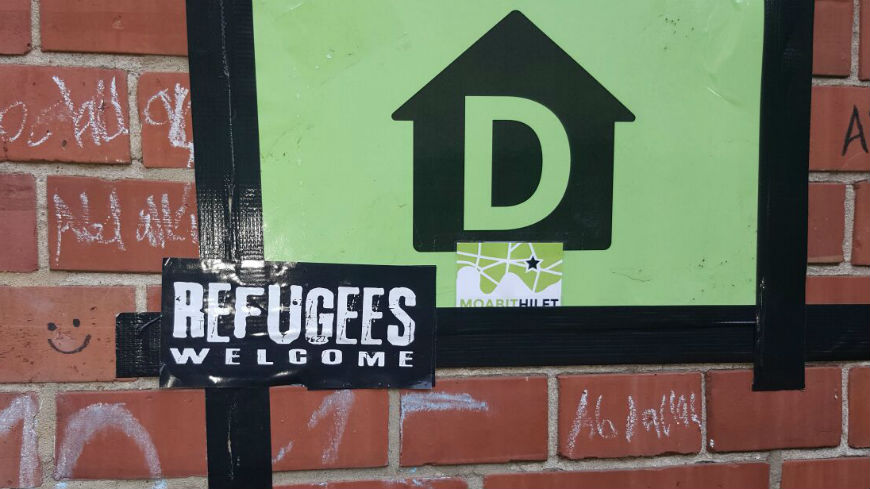On 25 and 26 October, a delegation of the Conference of INGOs carried out a fact-finding visit to Berlin. This initiative was organised in close collaboration with Bundesnetzwerk Bürgerschaftliches Engagement (BBE) - National Network for Civil Society and the diplomatic representation of Germany to the Council of Europe which provided valuable assistance for the meetings with the public authorities.
The fact-finding visits of the Conference of INGOs focus on NGO participation in the decision-making process. In the German context, particular attention was given to the question of the integration of refugees. The challenges faced by NGOs which are active in the welcoming and the integration of refugees and migrants were discussed.
Above all, we would like to congratulate civil society and the public authorities for their mobilisation during the migration crisis. We know that it is not over, the challenges are still strong but the cause is noble - the respect for human rights and other international conventions. The issue is not simply to satisfy the urgent basic needs of people. The integration of migrants is a long-term process which requires the solidarity of everyone. This principle should be stressed very strongly at a time when rising racism and hate-speech against refugees and migrants is becoming a serious threat to democracy, the rule of law and human rights, and a serious threat to the NGOs which accompany them in their everyday life.
In the German context, marked by the principles of subsidiarity, corporatism and federalism, the collaboration between the public authorities and non-state organisations has a long tradition. Legitimacy is given to the large umbrella NGOs with the consequence that not all problems and needs are solved. The smaller watchdog and service-providing organisations, and citizen initiatives, also play a valuable role and merit greater recognition and better support in order to guarantee their sustainability. Their influence in the public decision-making process and their interaction with the public authorities seems weak at the federal level.
In the framework of refugee policies, we invite the authorities to strengthen the legal and formal possibilities which would facilitate an active participation of refugees themselves in their own integration process. As the representative of the Ombudsperson said “no one can speak better about the situation of the migrants and refugees than the refugees themselves”. The guiding principle in this matter should be: Nothing for us – without us!
The report of the visit contains more details and recommendations and includes comments from the government.
Thank you for welcoming us in Berlin!



